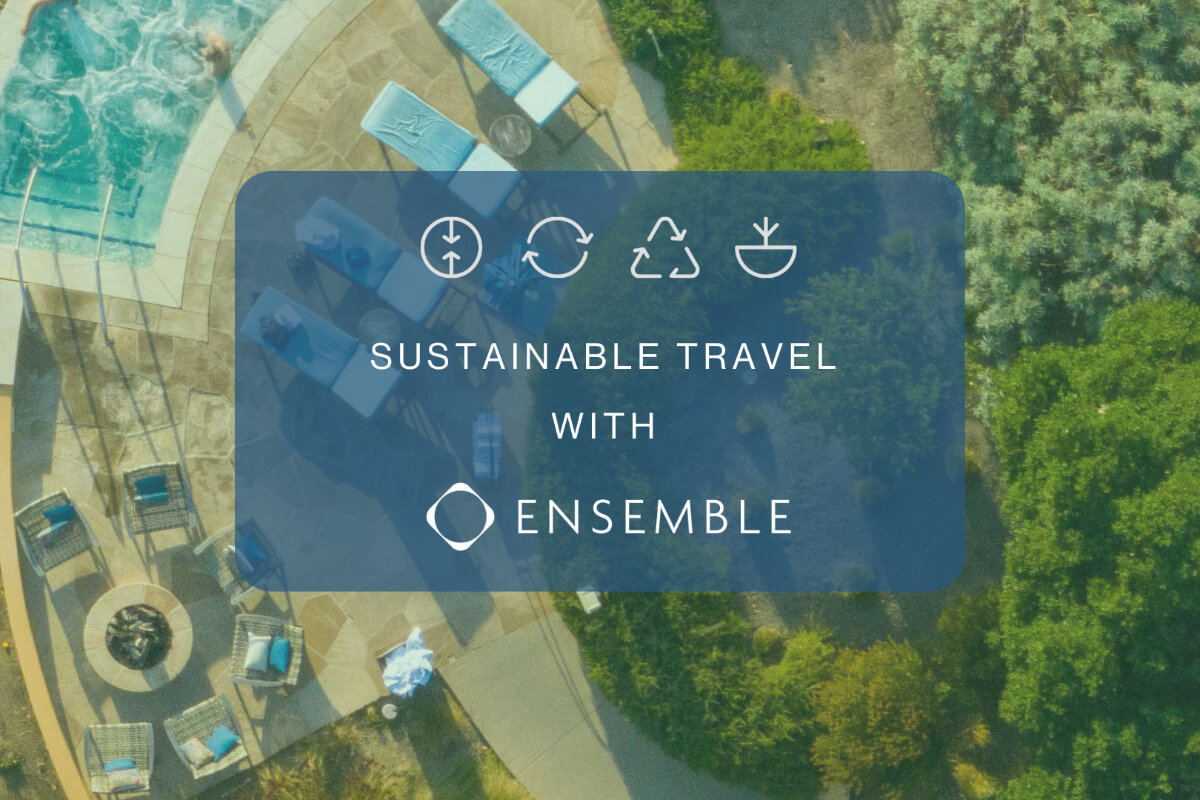In these unprecedented times every business has had to adapt their operations and protocols in some form as we continue to navigate the Covid-19 pandemic. Some of these new ways of doing business may remain in place as we eventually overcome the current pandemic crisis. The following are some best practices Ensemble would suggest for landlords to consider during the current crisis as well as some ideas to build into any future operation planning.
- Development of Pandemic Safety Protocols:
- We first recommend consulting with your legal counsel on your pandemic protocol planning. Some questions to ask and ideas to consider:
- Do you follow the CDC and/or the state guidelines for mandatory closings of essential business? Are there any other requirements?
- If your tenants’ businesses are open, as a landlord what safety protocols should you require of your tenants and their guests and patrons (i.e. masks, social distancing, and notification of any known cases)?
- Determine how to best enforce your safety protocol plan. Some ideas we’ve seen landlords implement is having PPE stocked at their buildings (N95 masks, nitrate gloves); signs and stickers are also a good idea in common areas such as “wear mask, social distance, wash hands” and placement of floor stickers that are measured out in a safe distance for someone to stand from one another.
- Landlords can consider replacing HVAC filters with higher rated antimicrobial filtration filters such as MERV or HPPA. (Note: You should run a cost benefit analysis of this type of installation. While these filters are effective in blocking micro particles, they will be more expensive to replace and they have also been known to increase the demand on HVAC systems in order to achieve temp/air flow).
- If you are planning to require that your tenants notify your property management team in the instance of positive virus case or if they do so voluntarily, you should have a communication strategy in place. How/when do you notify other tenants? What should the communication include: date of identification? Floor where the patient/tenant is located? Suite number?
- Once a positive case has been identified, should you require the tenant or landlord deep clean their suite and at whose cost? Consider some lease language going forward to be clear about this protocol.
- Should your leasing agents be showing space? If so, be sure they and their prospects are complying with your protocols. You could also consider investing in the creation of virtual tours of your building or suites.
- It is a good idea to have your property manager communicate with your tenants to confirm if they are closed, partially closed, or still seeing patients and communicate any change in the property manager’s role such as reduced building visits.
- We suggest each tenant be responsible for creating their own Pandemic Protocol Program for their practice. (i.e. limiting patients to allow social distancing, etc).
- We first recommend consulting with your legal counsel on your pandemic protocol planning. Some questions to ask and ideas to consider:
- Janitorial Considerations:
- Prepare Management Team on any additional or increased janitorial scope to put in place and determine who will bear the cost of the additional scope.
- Day Porter – Do you increase shift hours to clean “touch points” more frequently (i.e.; elevator buttons, doors, etc)?
- Night janitorial cleaning –Should you increase the scope of the common area and/or suite cleaning (that can be done at night) to pay for increased/more in-depth surface cleaning?
- Economic Impact Considerations:
- We suggest maintaining a “Pandemic Rent Impact” worksheet to track any tenant requests for reduced or relief of rent during an economic hardship during a Pandemic.
- Determine if it would be beneficial to develop and distribute a message highlighting if there are any landlord rent relief options and provide tenant recommendations such as monitoring and applying for any/all government rent relief programs.
- Some financial options a landlord might consider:
- Offering no late fees, defaults, or evictions during certain amount of time.
- Offering a rent deferral or waiver, and depending on the circumstances extending the leases in exchange for such concessions
- Future Pandemic Planning:
- Do you want to design suites to use MERV or HPPA filters?
- Do you want to encourage/require a social distancing design criteria for any new tenant improvements?
- Should you invest in video tours of vacant suites as they become available? Or maintain current CAD files for any design requirement?
- Do you need to change your lease “force majeure” clause to include any pandemic language?
- Are there any other clauses you want to add to your lease such as cleaning requirements?
As the impact of Covid-19 on commercial real estate continues, landlords may need to further adjust their way of doing business. With proper planning and counsel as we’ve recommended, landlords can create a path to weathering the current crisis as well as becoming better prepared for any future pandemic events.
To learn more, please contact the Ensemble Real Estate Solutions team, including specialists in healthcare real estate landlord representation. Tracy Altemus, CCIM ([email protected]; 602.443.4022 or Murray Gares ([email protected]; 602.840.2613.



